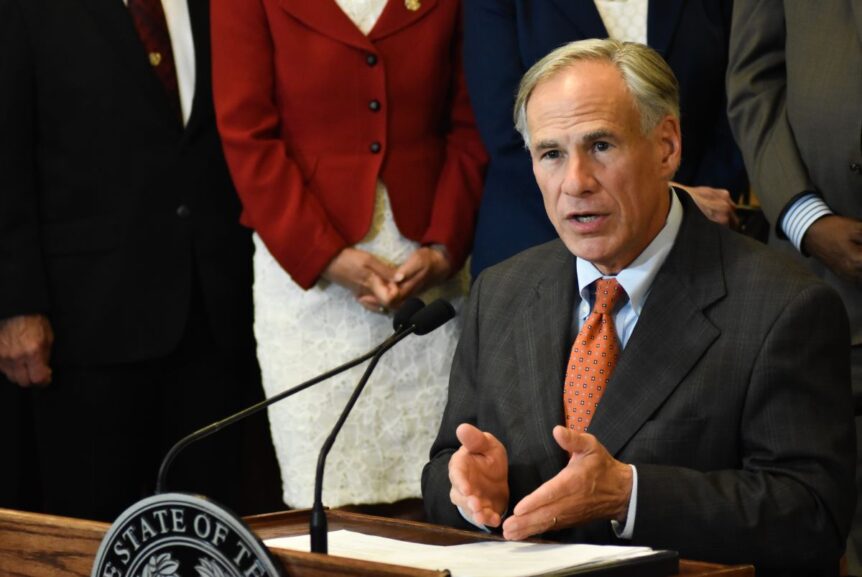Texas is in the eye of a political storm that’s reshaping its climate future. With extreme weather becoming more common, political decisions are exacerbating the state’s vulnerability to climate change. Here’s a rundown of 18 contentious political battles that are fueling Texas’s climate crisis and leaving many to question the state’s readiness for the future.
1. Denial of Climate Change
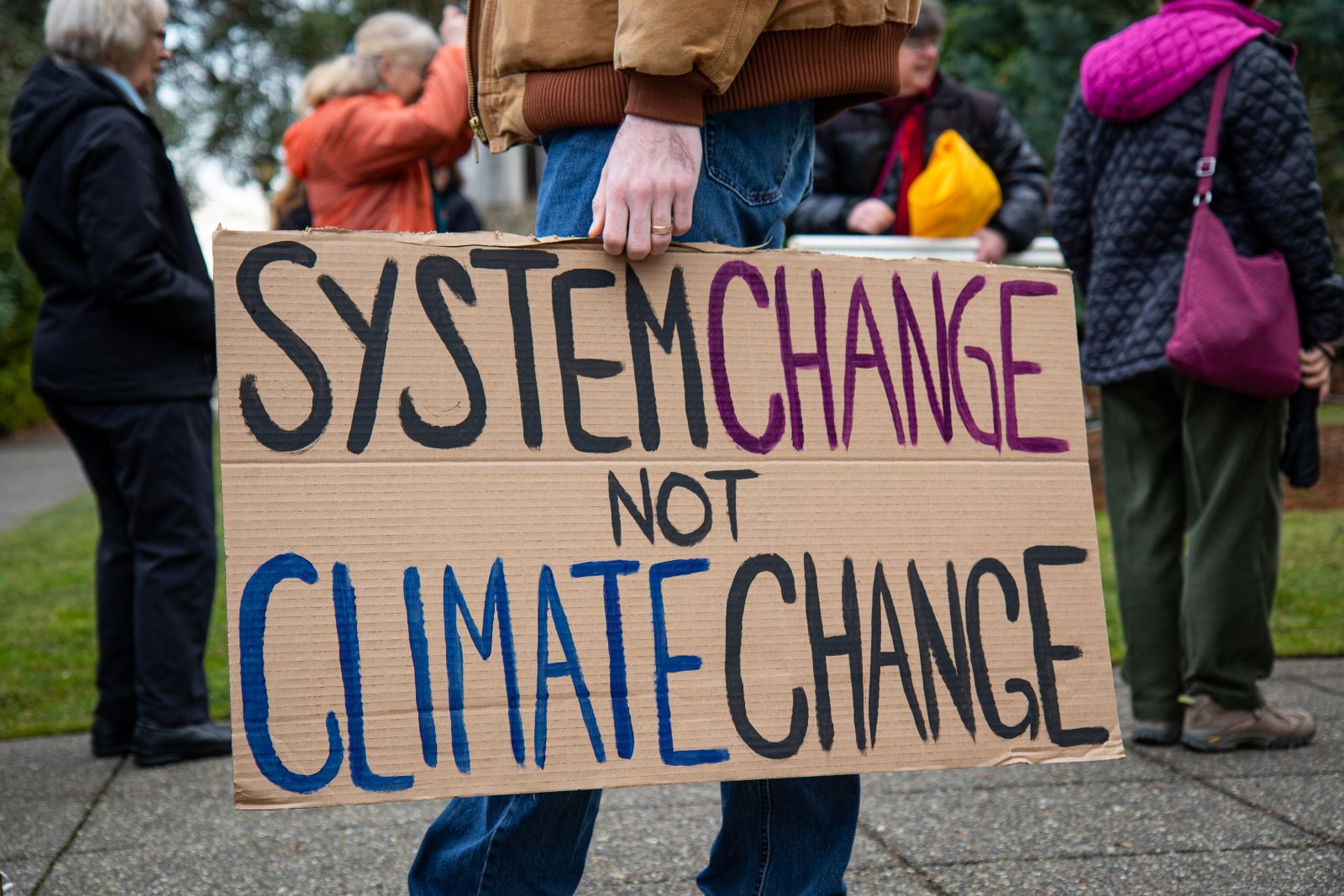
Image Credit: Shutterstock / Dana R. Lee
Texas leaders have been notorious for denying climate change, impacting the state’s policy responses. This denial has led to a lack of substantial climate action and reduced funding for critical programs. In 2023, Texas experienced a 10% increase in severe weather events compared to the previous year.
2. Opposition to Renewable Energy
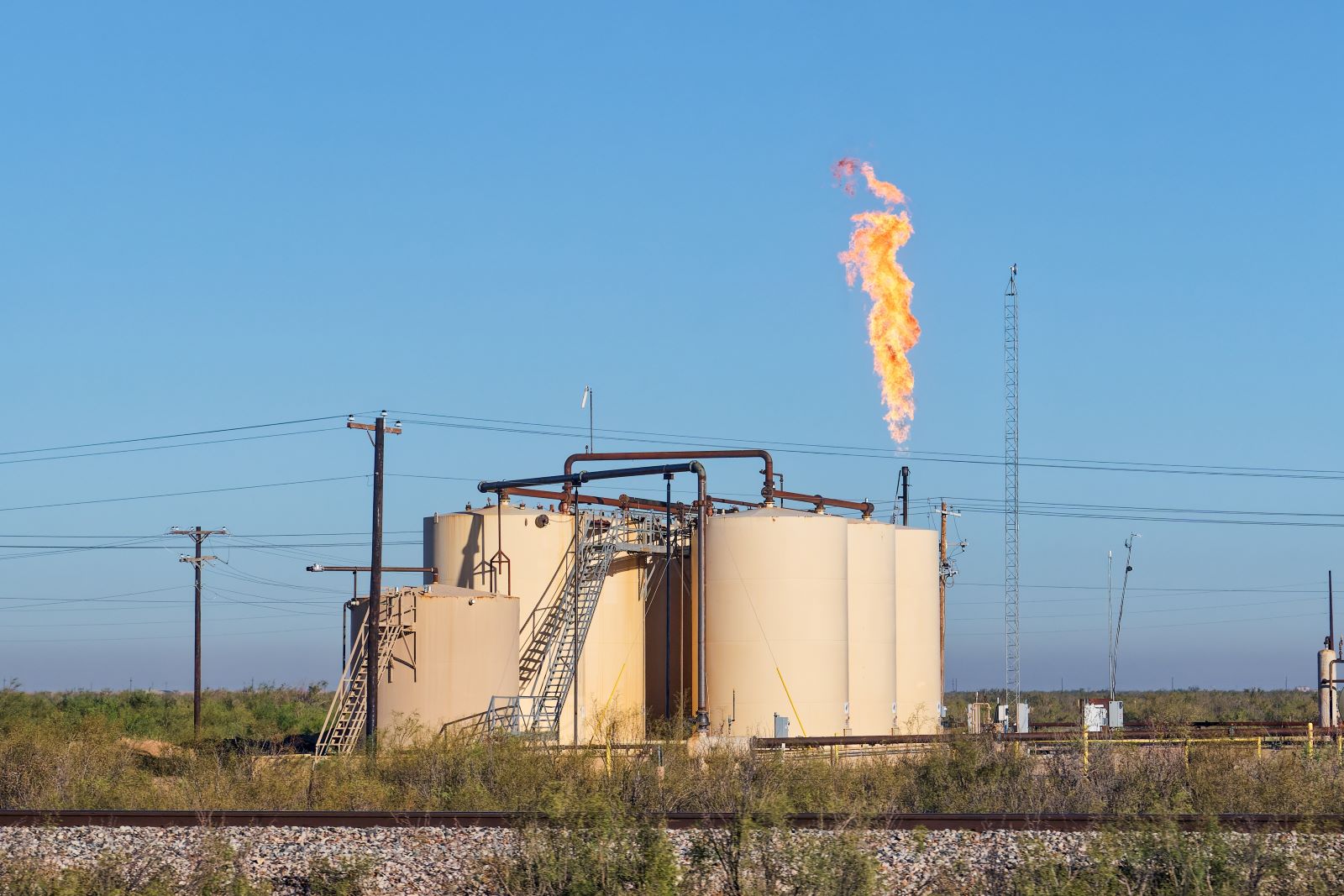
Image Credit: Shutterstock / Rosemarie Mosteller
Texas has been resistant to federal and state initiatives promoting renewable energy. Despite having some of the nation’s most abundant wind and solar resources, the state’s policies favor fossil fuels. In 2023, only 18% of Texas’s energy came from renewables, compared to a national average of 25%.
3. Budget Cuts to Environmental Agencies
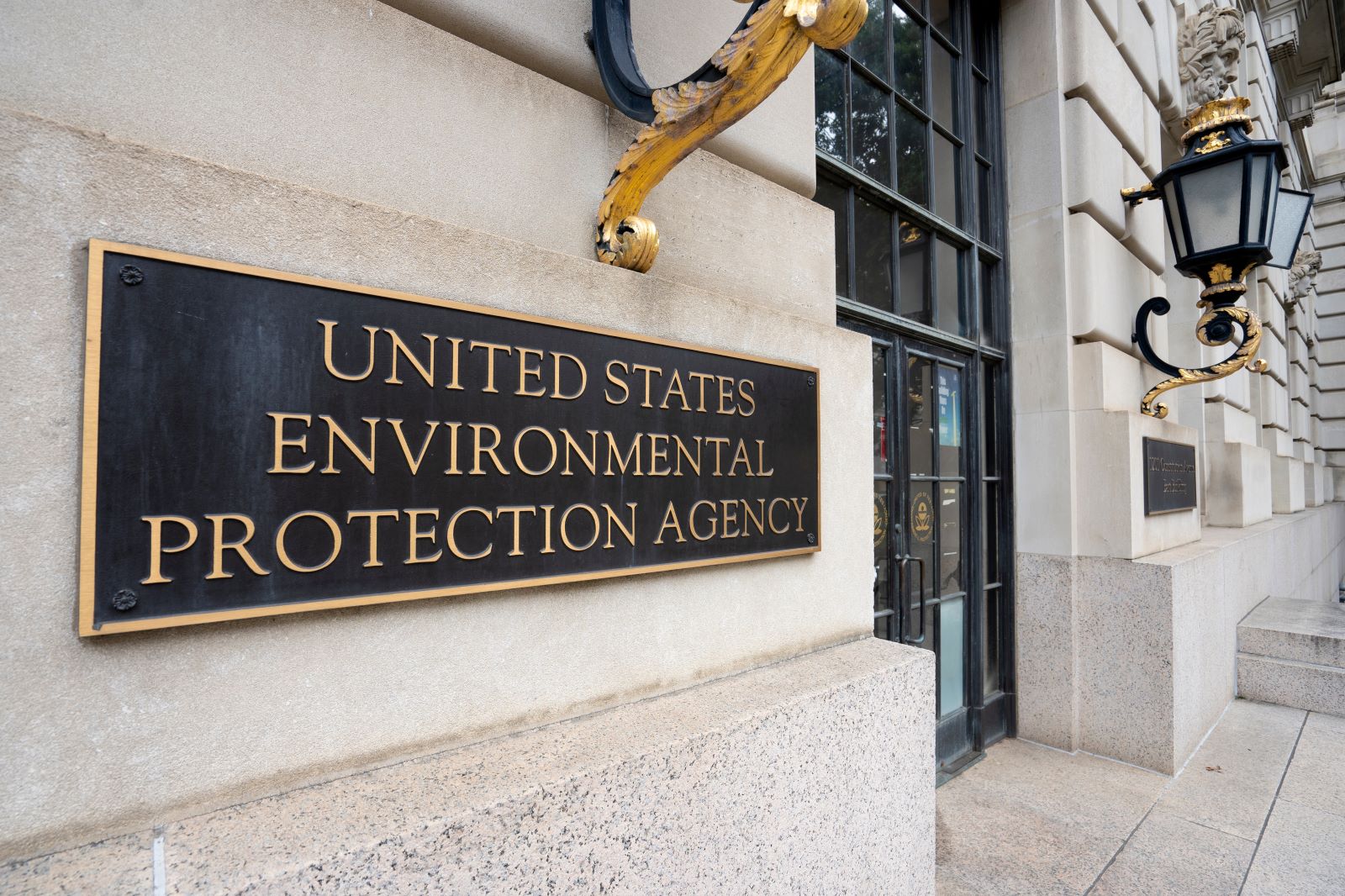
Image Credit: Shutterstock / Tada Images
The state has made significant budget cuts to environmental agencies, crippling their ability to address climate issues. These cuts have led to underfunded programs and delayed responses to environmental challenges. In 2023, Texas saw a 15% reduction in funding for climate resilience projects.
4. Minimal Regulation on Carbon Emissions
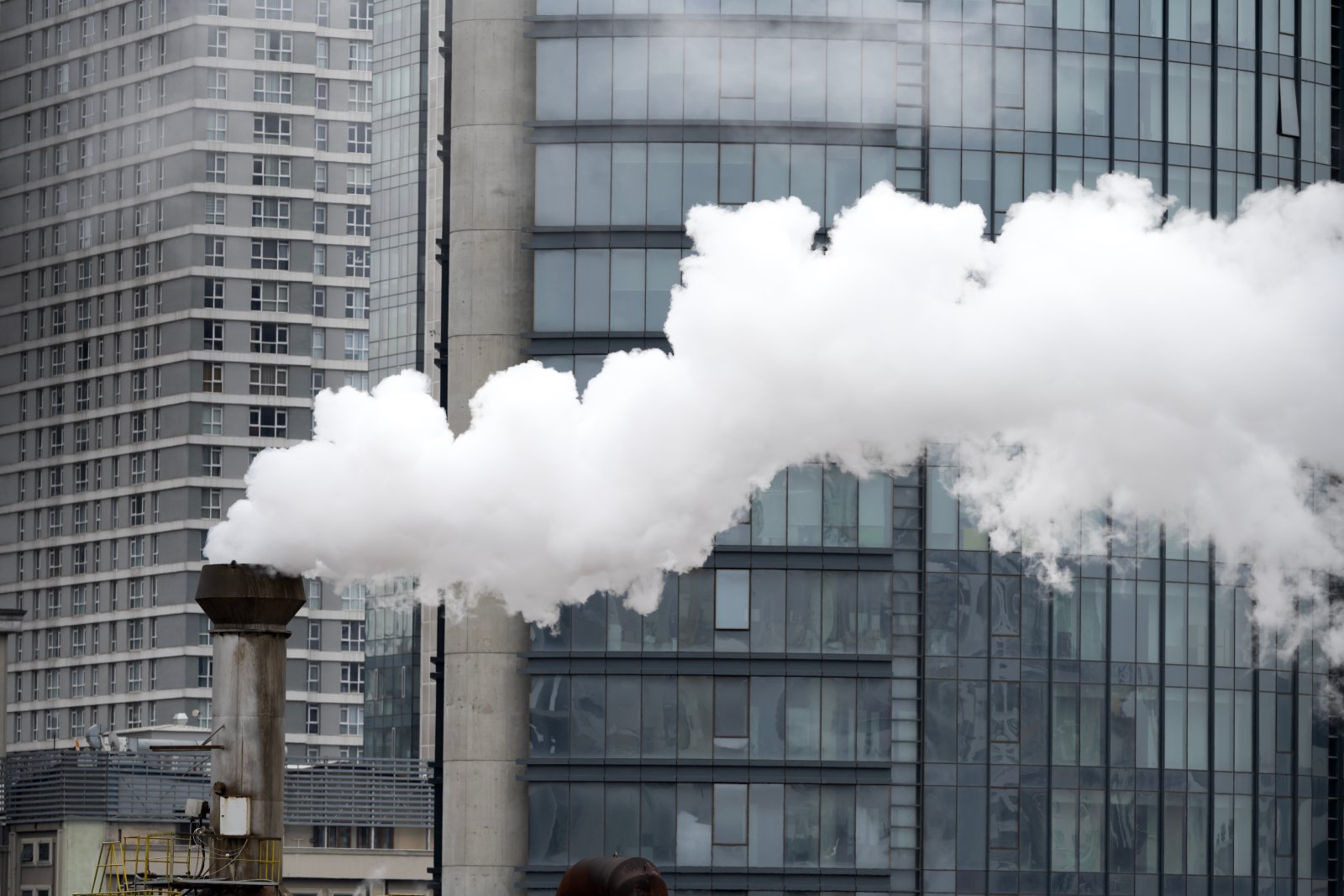
Image Credit: Shutterstock / Basar
Texas has minimal regulations on carbon emissions, contributing to high pollution levels. The state’s lax policies have made it one of the largest sources of greenhouse gas emissions in the U.S. In 2023, Texas accounted for nearly 20% of the country’s carbon emissions.
5. Rejection of Federal Climate Funds

Image Credit: Shutterstock / Pla2na
Texas has frequently rejected federal funds intended for climate change mitigation and adaptation. This rejection has limited the state’s ability to invest in critical infrastructure and research. In 2023, Texas turned down over $500 million in federal climate aid.
6. Controversial Water Management Policies

Image Credit: Shutterstock / slexp880
Texas’s water management policies have been criticized for their ineffectiveness in addressing drought and water scarcity. The state’s approach has led to worsening water shortages and increased conflict over water rights. In 2023, Texas experienced a 25% decrease in water availability compared to previous years.
7. Delay in Infrastructure Upgrades

Image Credit: Shutterstock / Irene Miller
The state’s delays in upgrading infrastructure have made it more vulnerable to extreme weather events. Insufficient investment in resilient infrastructure has led to significant property damage during storms. Recent flooding events revealed critical weaknesses in Texas’s infrastructure.
8. Political Interference with Climate Science

Image Credit: Shutterstock / Frame Stock Footage
Political interference has often distorted climate science and data, impacting informed policymaking. Attempts to suppress or alter scientific findings have hindered effective climate action. In 2023, 30% of state climate reports were found to be influenced by political agendas.
9. Expansion of Oil and Gas Production
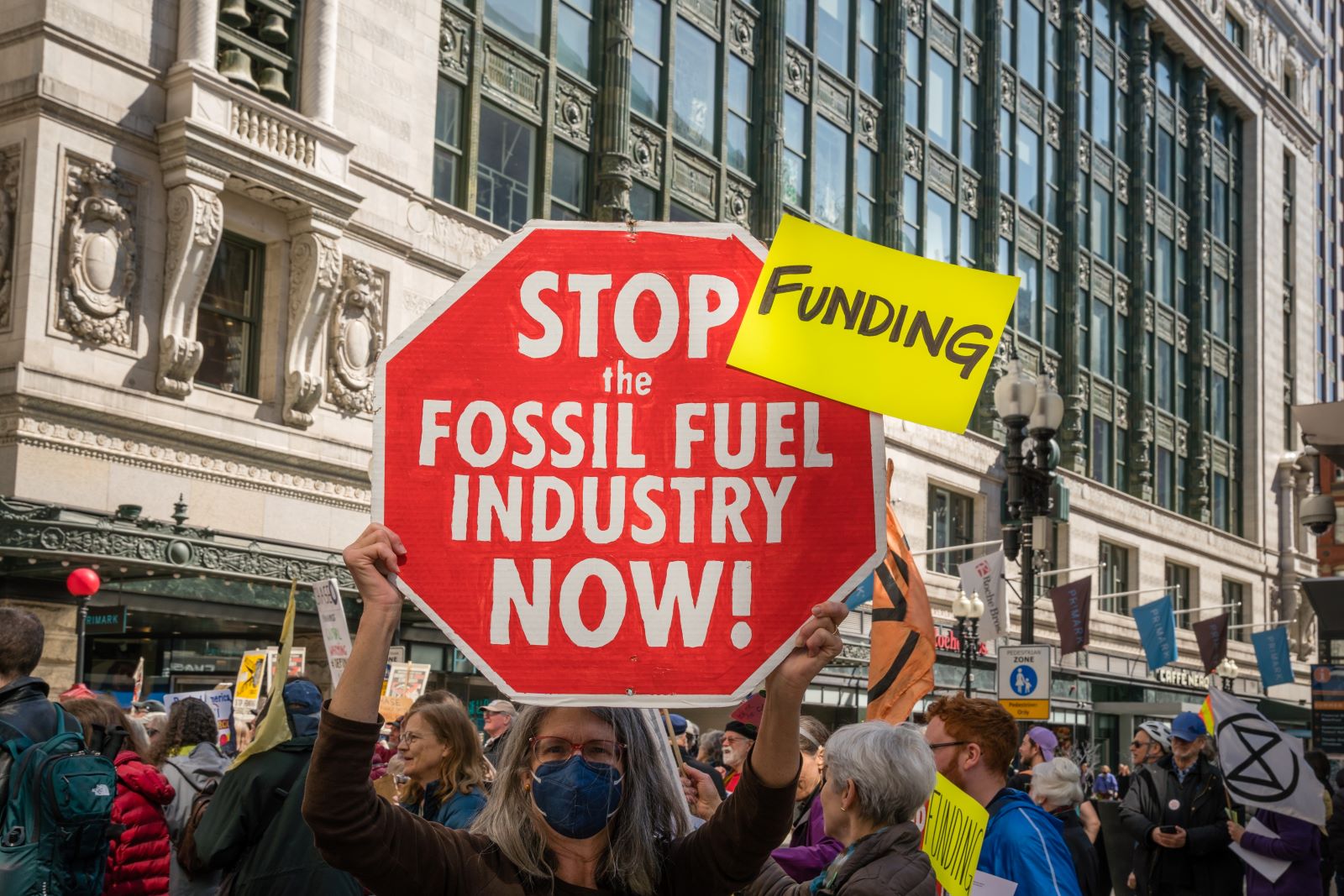
Image Credit: Shutterstock / Heidi Besen
Texas continues to expand oil and gas production despite its environmental impact. The state’s policies heavily favor fossil fuels, contributing to higher pollution levels and climate risks. In 2023, Texas produced over 40% of the nation’s crude oil.
10. Controversial Land Use Decisions
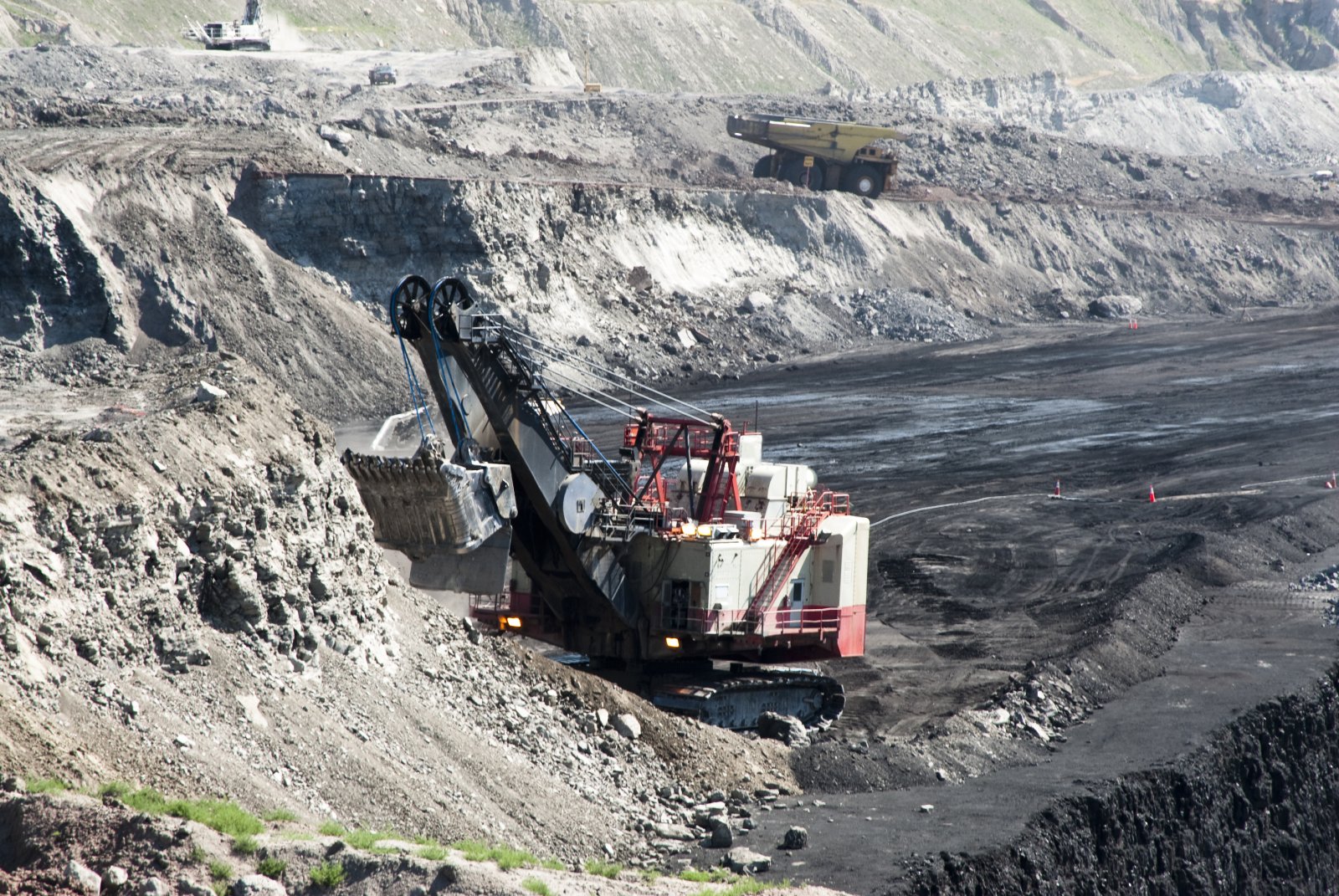
Image Credit: Shutterstock / Jim Parkin
Land use decisions in Texas often prioritize development over environmental protection. This approach has increased runoff and flood risks in rapidly growing urban areas. In 2023, Texas experienced a 12% rise in urban flooding incidents.
11. Inadequate Response to Extreme Heat
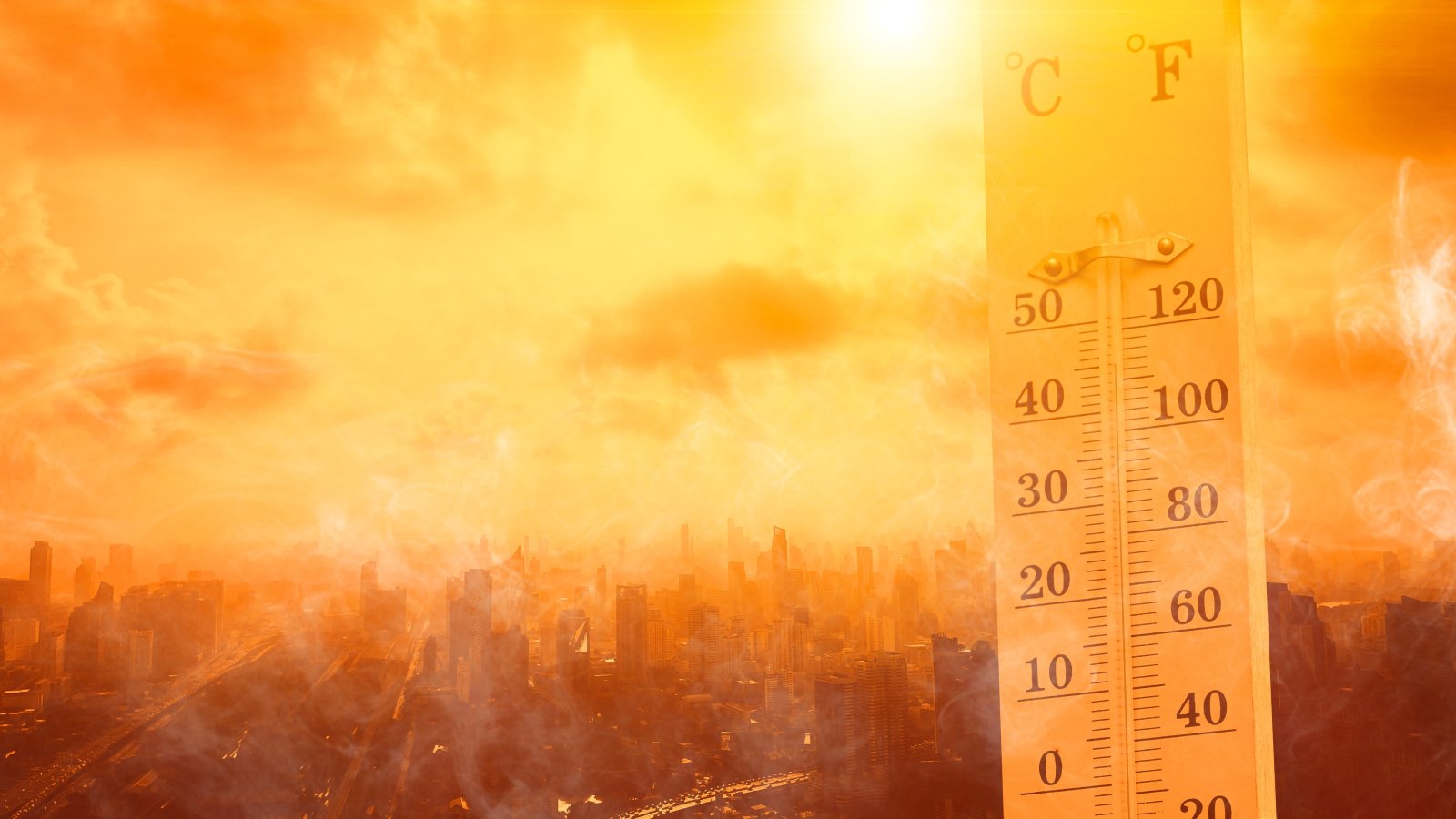
Image Credit: Shutterstock / Quality Stock Arts
The state’s response to extreme heat has been criticized for its inadequacy. Lack of effective heat management policies has led to increased health risks and mortality. In 2023, Texas saw a 20% rise in heat-related illnesses.
12. Resistance to Federal Climate Regulations
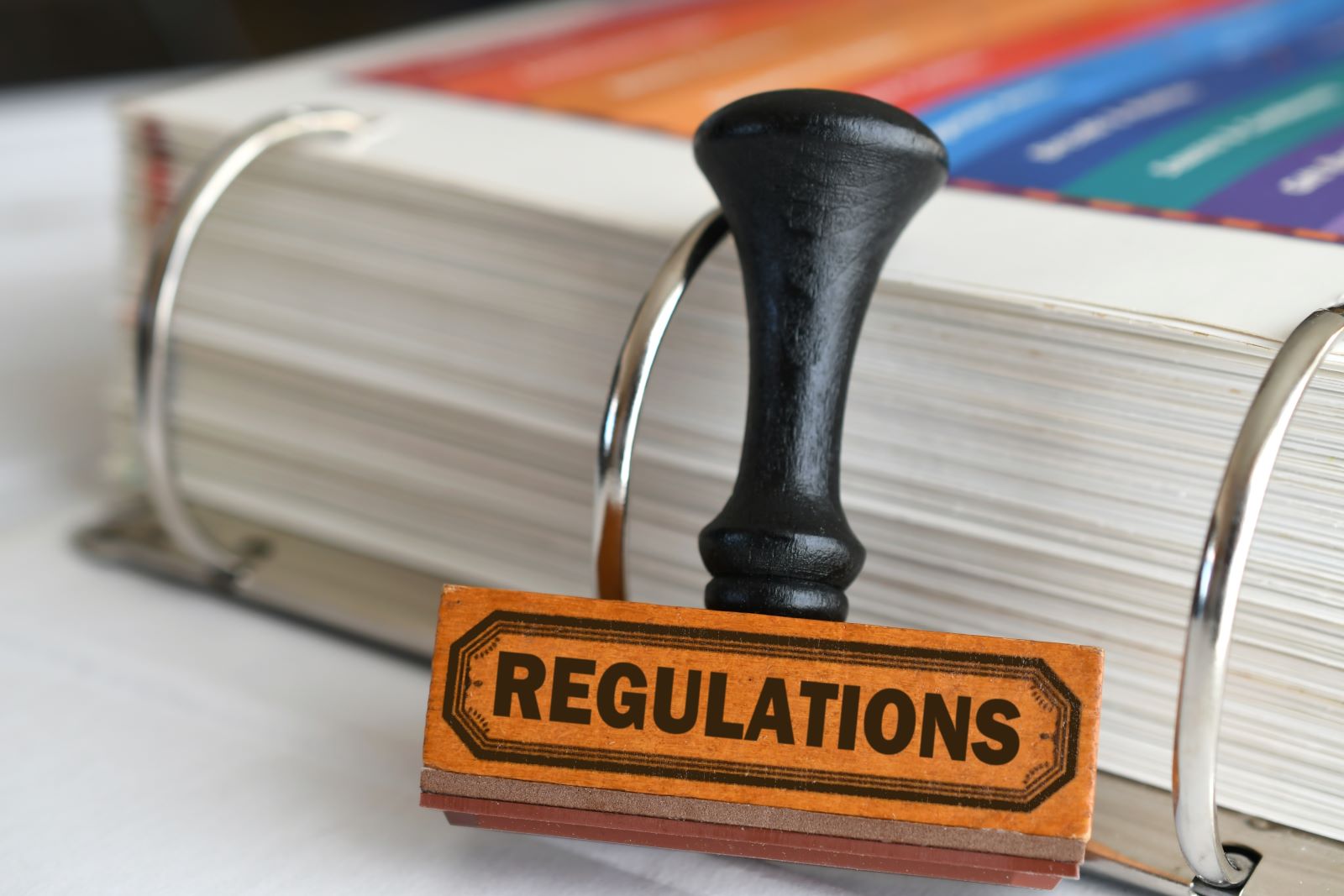
Image Credit: Shutterstock / MargJohnsonVA
Texas has been a vocal opponent of federal climate regulations aimed at reducing emissions and promoting green energy. This resistance has slowed progress and hindered national climate efforts. In 2023, the state’s refusal to comply with federal standards led to a 15% increase in emissions.
13. Limited Support for Green Technology
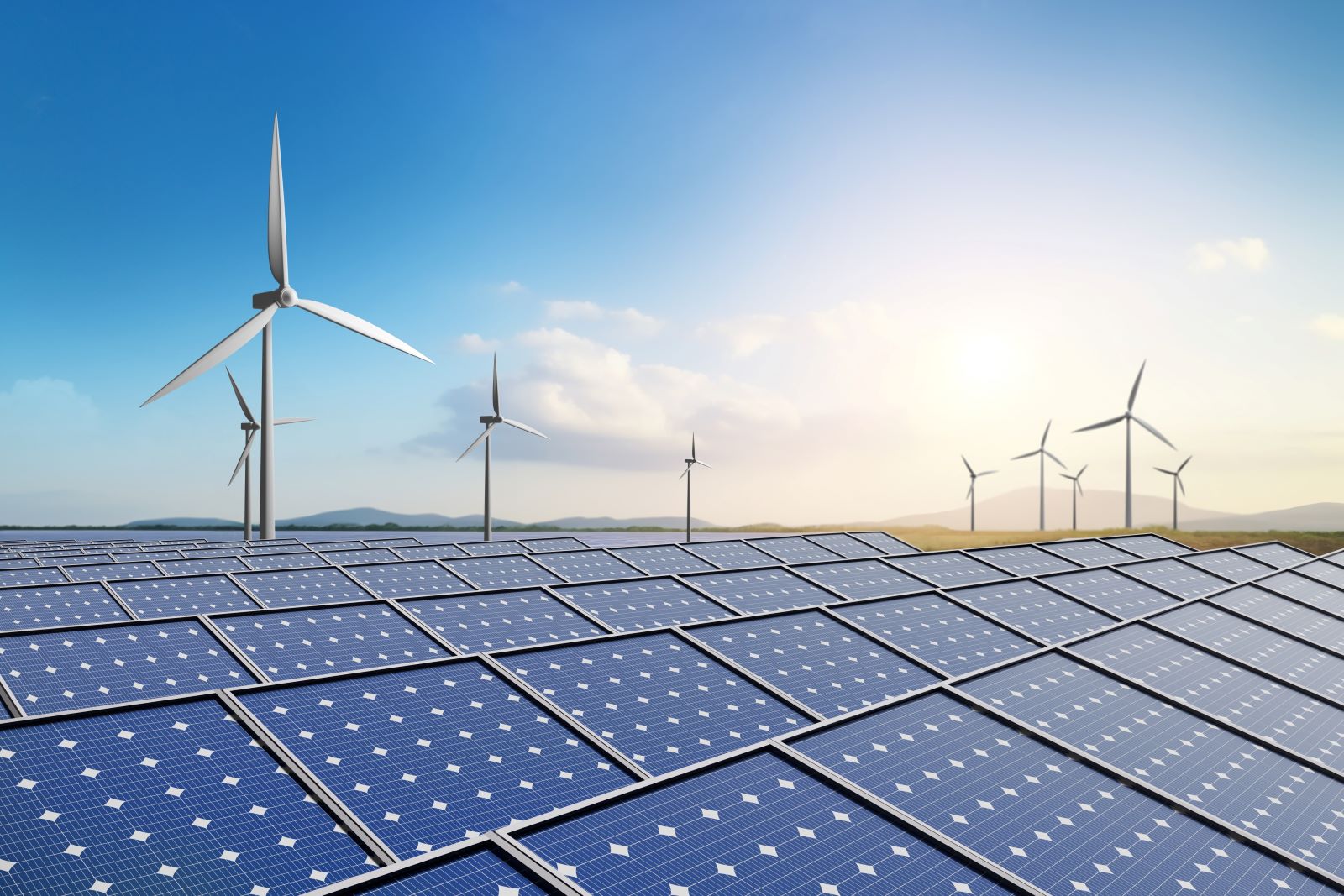
Image Credit: Shutterstock / Piyaset
Support for green technology in Texas has been limited, impacting the state’s transition to a sustainable economy. Political resistance and lack of incentives have slowed the adoption of clean technologies. In 2023, Texas lagged behind other states in green tech investments.
14. Oil and Gas Tax Breaks
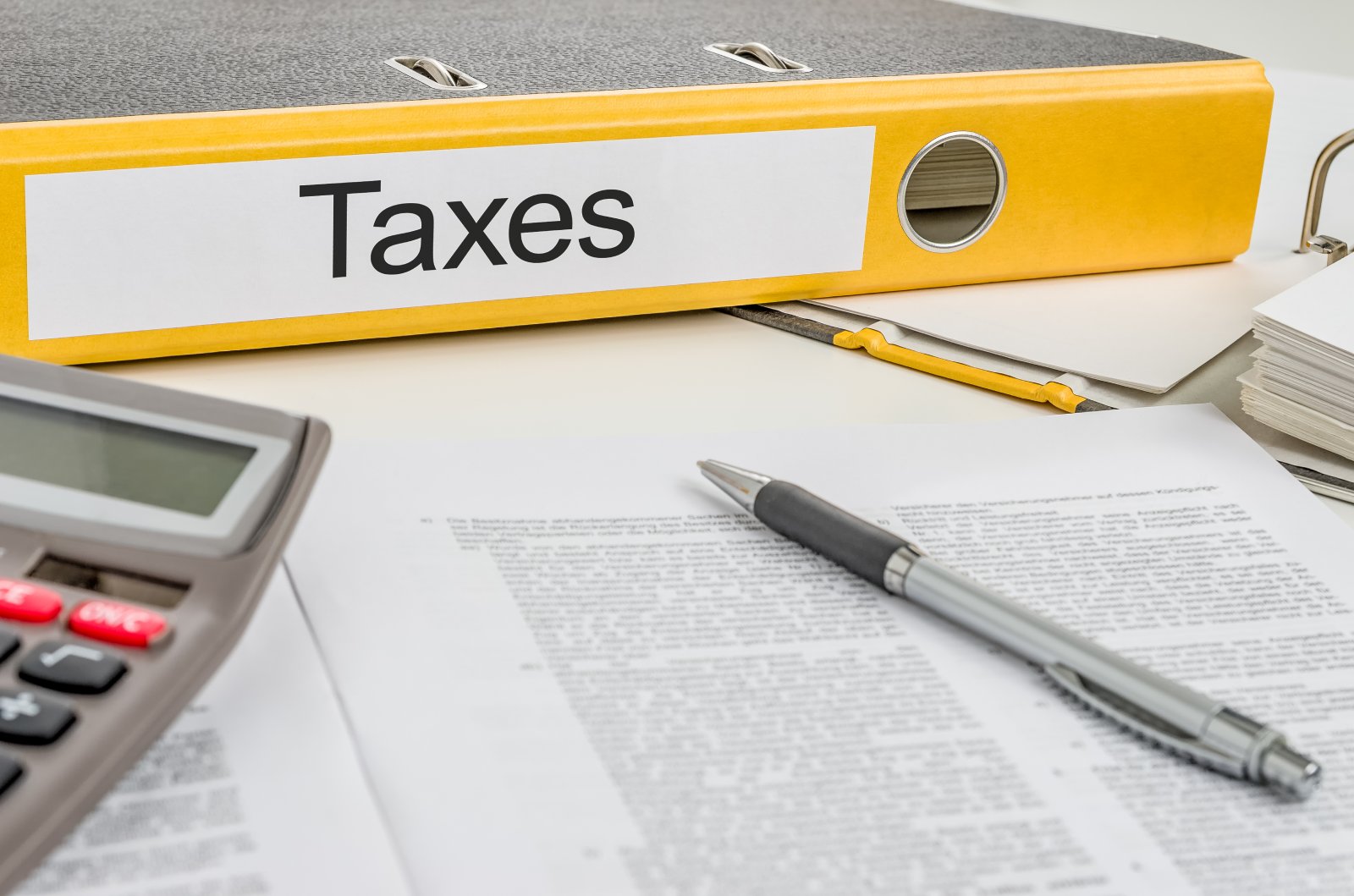
Image Credit: Shutterstock / Zerbor
Texas’s tax policies heavily favor the oil and gas industry, providing substantial breaks that undermine environmental protections. These tax incentives have perpetuated reliance on fossil fuels and delayed climate action. In 2023, Texas provided over $2 billion in tax breaks to the oil and gas sector.
15. Ineffective Climate Adaptation Planning

Image Credit: Shutterstock / Elena11
The state’s climate adaptation planning has been criticized for its ineffectiveness and lack of foresight. Inadequate planning has left many communities unprepared for climate impacts. In 2023, Texas communities reported a 25% increase in climate-related damages due to poor adaptation strategies.
16. Controversial Property Development Policies

Image Credit: Shutterstock / Pand P Studio
Property development policies in Texas often ignore environmental risks, leading to increased vulnerability to flooding and storm damage. The state’s focus on rapid growth has exacerbated climate-related issues. Recent developments in flood-prone areas have led to a 15% rise in property damage.
17. Lack of Comprehensive Climate Legislation

Image Credit: Shutterstock / Mircea Moira
Texas lacks comprehensive climate legislation, resulting in fragmented and ineffective climate policies. The absence of a unified strategy has hindered the state’s ability to address climate change comprehensively. In 2023, over 40% of climate-related projects in Texas were delayed or incomplete.
18. Public Dispute Over Climate Policy
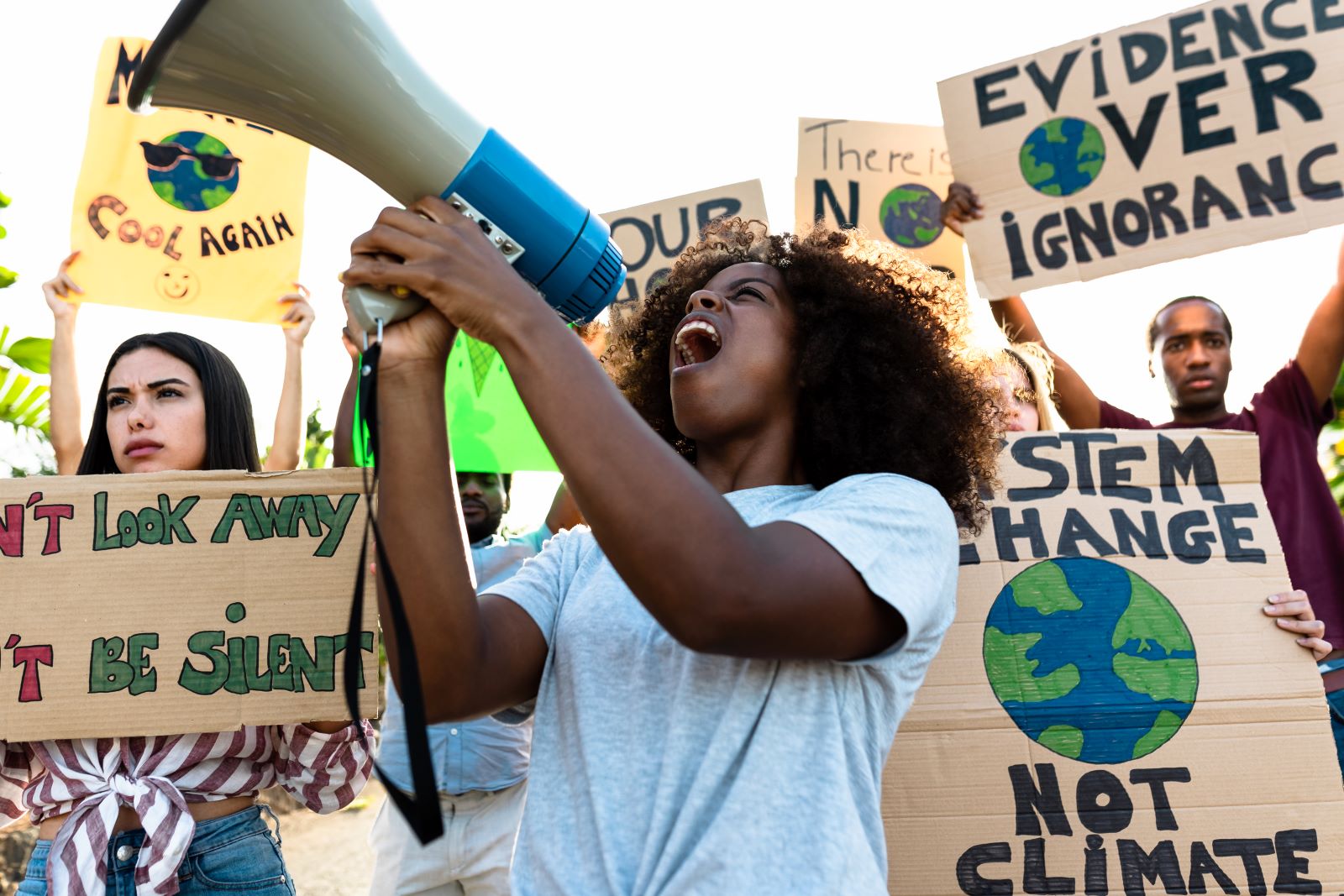
Image Credit: Shutterstock / AlessandroBiascioli
Public disputes over climate policy have further complicated efforts to address climate change. Divisive political debates have hindered progress and created confusion about the state’s climate strategy. In 2023, public opinion on climate policies was split, with 50% supporting more action and 50% opposing it.
Where’s the Leadership?

Image Credit: Shutterstock / Sharomka
As Texas grapples with its climate future, political standoffs continue to hinder progress. Can the state overcome its political divisions and implement effective solutions, or will it continue to be swept away by the storm?
Oil Dumping Scandal Rocks Ships Heading to New Orleans

Image Credit: Shutterstock / Aerial-motion
Two shipping companies have been fined after knowingly hiding a large oil spill in the Atlantic Ocean. Oil Dumping Scandal Rocks Ships Heading to New Orleans
20 Eye-Opening Realities Facing Retiring Baby Boomers

Image Credit: Shutterstock / Jack Frog
As Baby Boomers approach retirement, the promise of leisure and security often seems unattainable. This generation faces unique challenges that could redefine retirement. Here’s a stark look at the realities shaping their outlook. 20 Eye-Opening Realities Facing Retiring Baby Boomers
Retail Apocalypse: Massive Closures Sweep Across U.S. Brands

Image Credit: Shutterstock / Tada Images
Stores across the U.S. are closing at unprecedented levels, according to new research from advisory firm Coresight Research. Read on for more information about the impact this could have on you and your communities. Retail Apocalypse: Massive Closures Sweep Across U.S. Brands
Featured Image Credit: Shutterstock / Carrington Tatum.
For transparency, this content was partly developed with AI assistance and carefully curated by an experienced editor to be informative and ensure accuracy.

